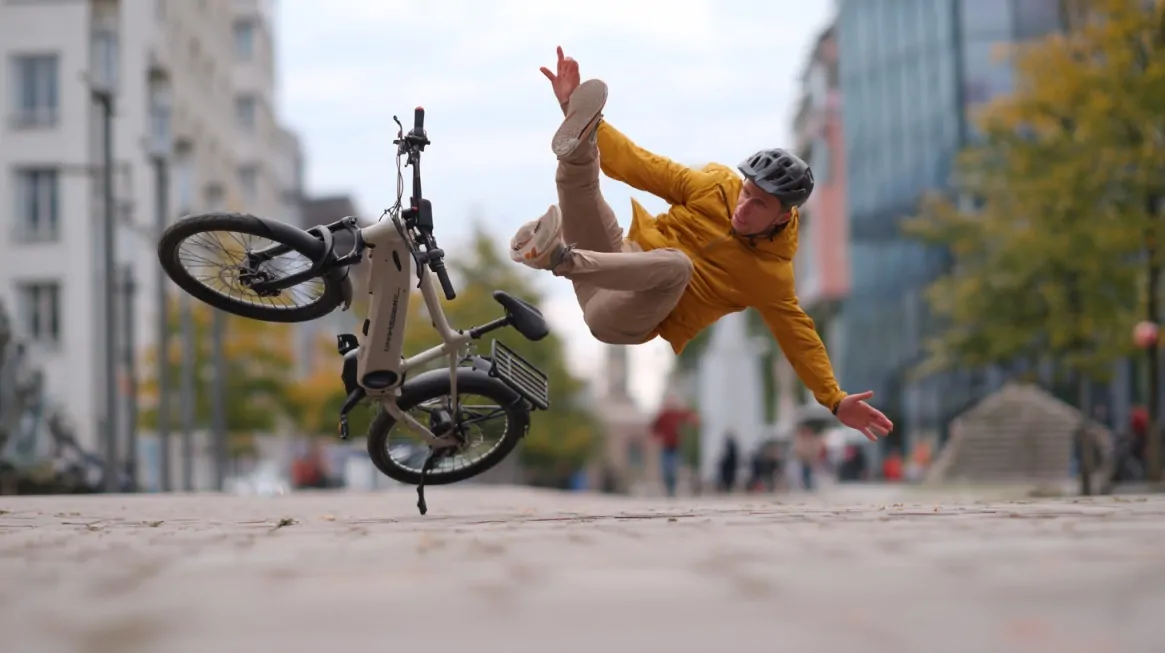Cycling is a sport that’s all about the thrill of the ride, the joy of the journey, and the sheer excitement of competition. But if you’ve noticed, women’s cycling often doesn’t get the spotlight it deserves. It’s time to change that! Let’s dive into why women’s cycling is so awesome and why it deserves more love, support, and attention.
A Quick Spin Through History

Believe it or not, women have been cycling for a long time. Back in the late 1800s, the bicycle was a big deal for women. It gave them freedom and independence, and it was even part of the women’s rights movement. Imagine riding a bike as a way to say, “Hey, I’m just as free and capable as anyone else!”
One of the early stars was Annie Londonderry, who cycled around the world in the 1890s. She was a total trailblazer, showing everyone that women could take on incredible challenges. But despite these early breakthroughs, women’s cycling hit a lot of bumps along the way. For most of the 20th century, men’s cycling got all the attention and women’s events were often ignored.
The Modern Comeback

Fast forward to today, and women’s cycling is making a big comeback. Thanks to the hard work of athletes, advocates, and organizations, women’s cycling is gaining traction again. We’ve got events like the Women’s Tour de France (rebranded as La Course by Le Tour de France) where female cyclists can show off their skills.
Modern stars like Marianne Vos, Annemiek van Vleuten, and Lizzie Deignan are rocking the cycling world. They’re not just winning races; they’re also speaking up for better support and more visibility for women’s cycling. These athletes are proving that women’s cycling is just as exciting and competitive as men’s.
Busted Myths and True Grit

There’s a myth out there that men are just naturally better at cycling than women. That’s nonsense! The differences we see aren’t about talent; they’re about opportunity. Women often don’t get the same level of support, funding, and resources as men.
Female cyclists have to work just as hard, if not harder, with fewer resources. They face challenges in getting sponsorships, media coverage, and access to top-notch training facilities. Despite these hurdles, they still deliver amazing performances. Imagine what they could do with equal support!
Show Me the Money

One of the biggest issues in women’s cycling is money. Sponsorships for women’s teams are way lower than for men’s teams. This means lower salaries and fewer opportunities for female cyclists. Many women’s teams struggle to cover basic costs like equipment and travel.
Without enough financial support, it’s tough to attract and keep top talent. This affects not just the athletes but the entire sport. More money means better training, better competition, and a better future for women’s cycling.
Media Blackout

Media coverage is crucial for any sport, and women’s cycling often gets left in the dust. While men’s races are all over TV and the internet, women’s races sometimes barely get a mention. This lack of visibility makes it harder for the sport to grow and attract new fans.
Lately, there’s been a push for more equal coverage. Social media has helped a lot, giving female cyclists a platform to connect with fans. But traditional media still needs to step up and give women’s cycling the attention it deserves.
The Power Players

Governing bodies like the Union Cycliste Internationale (UCI) have a huge role to play. They set the rules and shape the future of the sport. While there have been some positive changes, like minimum wage standards for female cyclists, there’s still a lot more to do.
The UCI and other organizations need to push for equal prize money, more opportunities for women’s races, and investment in youth programs. These steps are essential to build a strong foundation for women’s cycling.
Heroes on Wheels

Role models are super important in any sport. Athletes like Marianne Vos and Annemiek van Vleuten are not just champions; they’re also inspiring the next generation. Seeing these incredible women succeed shows young girls that they too can achieve greatness in cycling.
Strong, visible role models help break down stereotypes and change how society views women in sports. They make it clear that women’s cycling is exciting, competitive, and worthy of support.
Starting Young

Building a future for women’s cycling starts with the kids. Grassroots programs that encourage young girls to cycle are crucial. These programs provide opportunities for girls to learn, grow, and fall in love with cycling.
Investing in youth programs, coaching, and facilities helps create a pipeline of talented athletes who can compete at higher levels. It’s all about giving young girls the chance to ride, compete, and dream big.
The Bigger Picture

Cycling isn’t just about competition. It’s also about health, happiness, and community. Cycling promotes physical fitness, mental well-being, and a sense of belonging. For women and girls, it’s a tool for empowerment, offering independence and confidence.
Encouraging more women to cycle, whether for fun, commuting, or competition, benefits everyone. It’s good for public health, the environment, and society as a whole. More cyclists mean healthier, happier, and more connected communities.
Related Posts:
- Ebike Wear Parts Guide: Tires, Brakes, Chains,…
- Top Women’s Cycling Clubs in Major U.S. Cities
- What Is the Purpose of a Cycling Cap, and Why Should…
- When and Why to Use Suspension Lockout on Your Mountain Bike
- Why You Need a Cadence Sensor for Your Road Bike -…
- Why You Need a Quality Road Bike Helmet - Protect…








